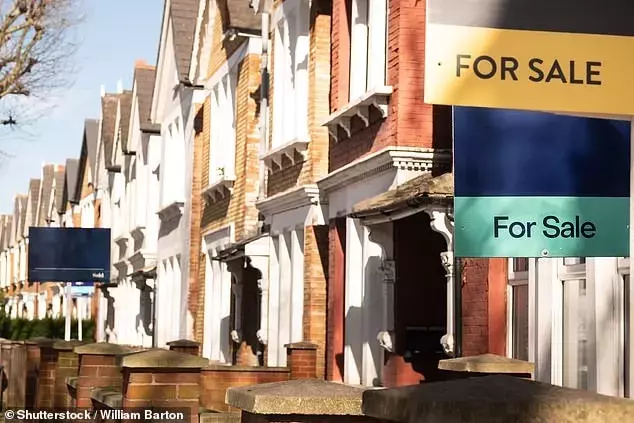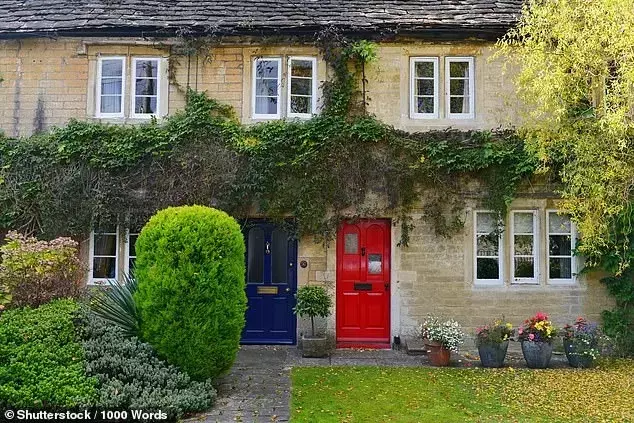




A new tax proposal is stirring considerable debate within the UK, focusing on potential changes to Capital Gains Tax as it applies to the sale of primary homes. This initiative, reportedly under consideration by Chancellor Rachel Reeves, seeks to redefine how profits from residential property sales are treated, moving away from the existing Private Residence Relief. The aim is to bolster public finances, but the ramifications for homeowners, especially those who have seen substantial appreciation in their property values over time, could be profound. Such a tax reform promises to reshape the landscape of property ownership and financial planning across the country, sparking discussions on fairness, economic impact, and the future stability of the housing market.
This bold tax reform is poised to create a ripple effect, particularly for long-term homeowners and those residing in affluent areas. The potential shift away from current exemptions could transform personal wealth management and impact market fluidity. Critically, these discussions are unfolding against a backdrop of broader economic challenges, including a significant fiscal deficit, which underscores the urgent need for robust revenue-generating policies. As the government explores various avenues to address this shortfall, the proposal to tax primary residence profits emerges as a controversial yet potentially powerful tool for financial restructuring.
The Proposed Shift in Property Taxation
The Chancellor's proposed changes to Capital Gains Tax on primary residences mark a potential departure from established UK tax policy. Currently, homeowners benefit from Private Residence Relief, meaning profits from selling their main home are exempt from CGT. This exemption has long been a cornerstone of property ownership, encouraging homeownership and providing financial security for many. The new proposals aim to modify this, potentially bringing a portion of these profits into the tax net, especially for higher-value properties or significant gains. This move is part of a broader strategy to address the national budget deficit, indicating a governmental effort to broaden the tax base and secure additional revenue from previously untaxed assets.
The current system dictates that Capital Gains Tax is applied to profits derived from various assets, including second homes, investment properties, and shares, but explicitly excludes a person's main residence. Under the rumored changes, this long-standing exception for primary homes could be either removed or significantly altered, with a potential threshold being set for the value of the property or the profit gained. For example, if a home's value appreciation surpasses a certain amount, or if the property itself exceeds a specific valuation, any gains made upon its sale could become subject to CGT. The tax rate would vary depending on the seller's income tax bracket—18% for basic rate taxpayers and 24% for higher or additional rate taxpayers. This new policy could drastically alter how homeowners perceive their property as an asset, shifting from a tax-exempt haven to a potential source of significant tax liability.
Implications for Homeowners and the Housing Market
The implications of this proposed tax change are far-reaching, particularly for older homeowners who have lived in their properties for extended periods and witnessed substantial increases in value. These individuals, often planning to downsize in retirement, could face considerable tax bills, potentially affecting their financial stability and retirement plans. The policy also raises concerns about its impact on the overall housing market, with predictions of reduced transaction volumes as homeowners become reluctant to sell due to the impending tax burden. Such a slowdown could exacerbate existing housing supply issues and make it harder for younger families to upsize, creating stagnation in the market.
A significant concern is the fairness of applying a 'mansion tax' that could disproportionately affect those who have diligently built wealth through homeownership over many years. Critics argue that this policy could penalize prudent financial planning and deter mobility within the housing market. For instance, a property bought decades ago in an area that has since experienced gentrification could incur a massive tax liability, potentially hundreds of thousands of pounds, even if the homeowners are not exceptionally wealthy. This could lead to a scenario where older individuals remain in homes that are now too large for their needs, simply to avoid the tax, thereby limiting housing options for others. Additionally, there's a risk that a significant announcement could trigger a rush of property sales before the tax implementation, creating market volatility. Conversely, if the market becomes sluggish, the actual revenue generated from the tax might fall short of government projections, creating an unintended economic challenge.
